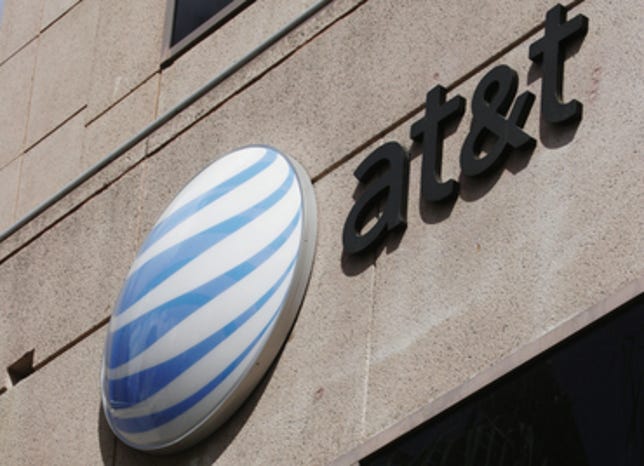
Seth Rosenblatt/CNET
LAS VEGAS — AT&T’s Digital Life home automation and security platform has legs, both domestically and internationally.
AT&T and Spanish telecommunications Telefonica said on Monday that Telefonica would begin testing out the Digital Life smart life service in its own markets, licensing the platform from AT&T. The two companies made the announcement at a wirelessly connected home here, a day before the CTIA Super Mobility Week wireless trade show begins.


AT&T
AT&T has been hot on the concept of connecting every single device in the home — an idea many call the “Internet of Things” — and has been in the smart home business for the past two years, having launched Digital Life in May 2012. At the time, AT&T stressed that it was more than a set of services; it was a platform which that includes wirelessly connected devices and home fixtures, security, software, and automation.
The Telefonica win means that AT&T doesn’t necessarily have to sell Digital Life to its US consumers to make money; it can potentially generate revenue from licensing the services to interested carriers such as Telefonica.
“We’re very excited about the revenue opportunity here in the US, but there’s an opportunity elsewhere,” newly promoted AT&T Mobility CEO Glenn Lurie said in an interview.
AT&T declined to comment on how much of Digital Life Telefonica will be using. A spokesman for the Spanish carrier also declined to provide specific details.
“We are not able to fully disclose how much of the platform we are going to use, although we believe that some of the core elements like the end customer´s home environment (controller, devices), the digital user experience, the remote management system or the customer care tools will provide our customers with a unique and strong user experience,” the Telefonica spokesman said.
“We want our customers to have access to the best selection of digital products and services, and we believe that connected home services will provide consumers with greater convenience, control, and peace of mind,” Michael Duncan, chief marketing officer of Telefónica Group, said in a statement.
Telefonica explored multiple providers of connected home services before choosing AT&T, Lurie said.
“One of the nicest compliments you can get is what we got from Telefonica,” he said.
In the US, AT&T’s Digital Life service is in 82 markets. The company has yet to disclose how many subscribers are on the service, but Lurie said he expected to be more clear about its growth down the line.
AT&T isn’t the only company banking on the Internet of Things, with everyone from Google and its Nest smart thermostat unit to BlackBerry hopping on the bandwagon. While Digital Life currently uses proprietary equipment and software, Lurie said he was willing to open up the platform to multiple products depending on customer demand.
“We want to play with everybody,” he said. “We’re working on that.”
Lurie considers Digital Life a growth opportunity as the more traditional tenet of the wireless business — smartphone revenue — begins to slow. Lurie, having been promoted to run the mobility business last month, was reluctant to weigh in on the new CEO of Sprint, Marcelo Claure, but said that the industry is “more in a hypercompetitive mode right now.”
Sprint and T-Mobile have been lobbing one promotional program after another at customers, but larger carriers Verizon Wireless and AT&T have held steady. Lurie said he felt the urgency and pressure to take care of his customers, and said the company would step in with necessary promotions when appropriate. His primary focus has been reducing the rate of customer turnover, which hit a record low for the company in the second quarter.
He also feels AT&T has an advantage because his rivals are so focused on the traditional business.
“The future of the wireless business is everything connected,” he said. “We’re ahead in emerging devices and winning big in connected cars.”



